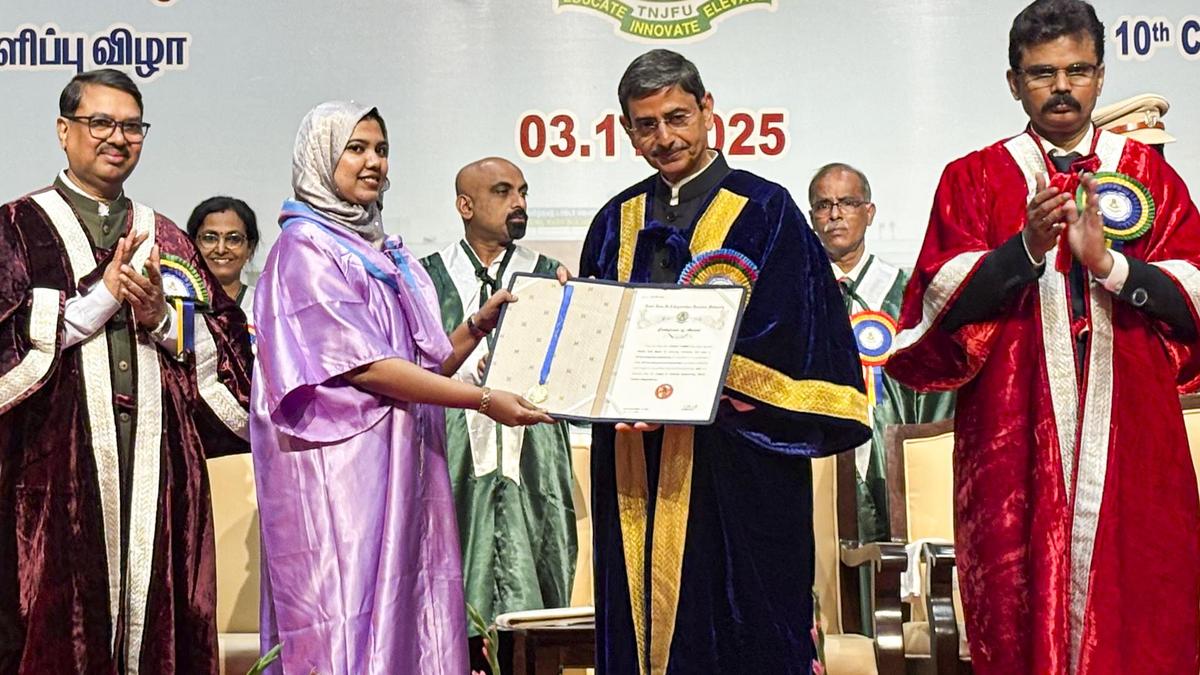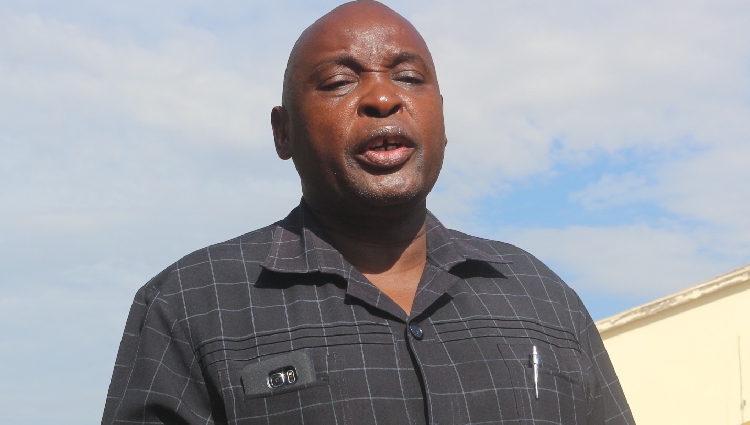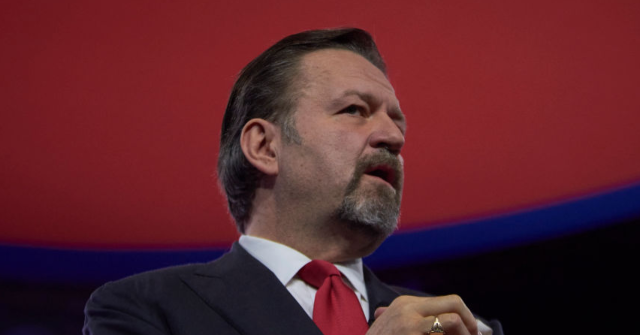Copyright thehindu

Projecting that India’s population will reach 1.67 billion by 2050, Joykrishna Jena, Deputy Director-General (Fisheries Science), Indian Council of Agricultural Research (ICAR), on Monday urged graduates of the to help raise the fisheries sector’s annual growth from the current 6% to 9% to bolster food and livelihood security. Delivering the convocation address on the university’s Nagapattinam campus, Mr. Jena said the fisheries sector must step both production and value addition to meet rising domestic demand and generate employment. “The role of fisheries professionals is crucial in transforming India into a leading global producer and consumer of quality fish,” he said and stressed on the sector’s contribution to the United Nations Sustainable Development Goals. Referring to national policy support for the sector, Mr. Jena said the Union Budget for 2025–26 has earmarked ₹2,704 crore for fisheries. He called upon the new graduates to focus on sustainable aquaculture practices, post-harvest technologies, and entrepreneurship that can add value to fisheries chain and create rural employment. He urged stronger collaboration between academia, industry, and government to accelerate innovations that raise productivity without degrading marine resources. Governor and Chancellor of the university R. N. Ravi presided over the convocation, in which 435 students received degrees in person while 77 candidates will be awarded their degrees by post. The degrees conferred included 283 Bachelor of Fisheries Science (B.F.Sc.), 27 B.Tech (Fisheries Engineering), 11 B.Tech (Energy and Environmental Engineering), 2 B.Tech (Fisheries Nautical Technology), 26 B.Tech (Biotechnology), 19 B.Tech (Food Technology), 17 B.B.A (Fisheries Business Management), 53 Bachelor of Vocation courses, 46 Master of Fisheries Science (M.F.Sc.), 3 M.B.A (Fisheries Business Management), 4 Master of Technology, and 21 Ph.D. degrees. The Governor presented 86 medals to meritorious students across programmes. Among notable achievers, from the 2020–21 batch S. Bhavadharani secured ten medals in B.F.Sc., while M. Brindha won three medals in B. Tech (Fisheries Engineering). For the 2021–22 batch, S. Kavi Revanth topped the list with 11 medals in B.F.Sc. In the 2022–23 batch, P.N. Aishwarya obtained seven medals in M.F.Sc., and M. Joshna received four medals in the Ph.D. programme. Vice-Chancellor N. Felix, in his annual report, highlighted the university’s outreach through 40 constituent units across Tamil Nadu and detailed progress in education, research, and extension activities. He noted that each year 30–40 postgraduate and doctoral students from TNJFU join ICAR’s Central Institute of Fisheries Education (CIFE) in Mumbai for higher training and research.



